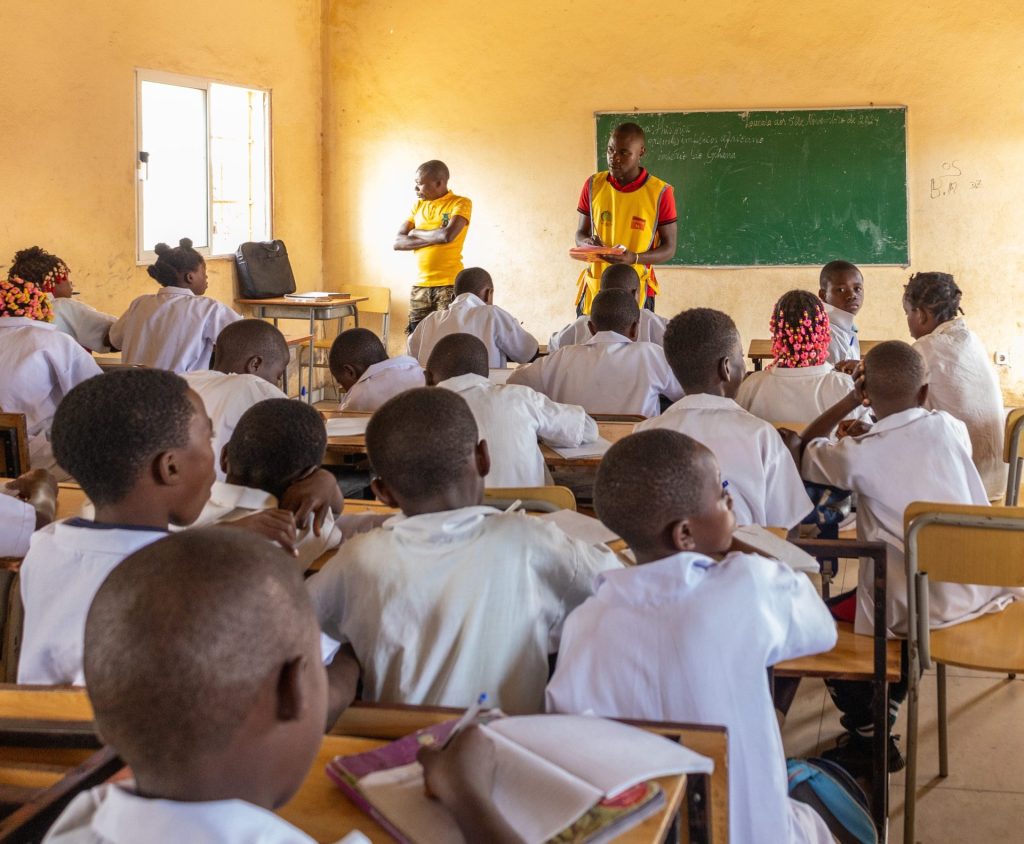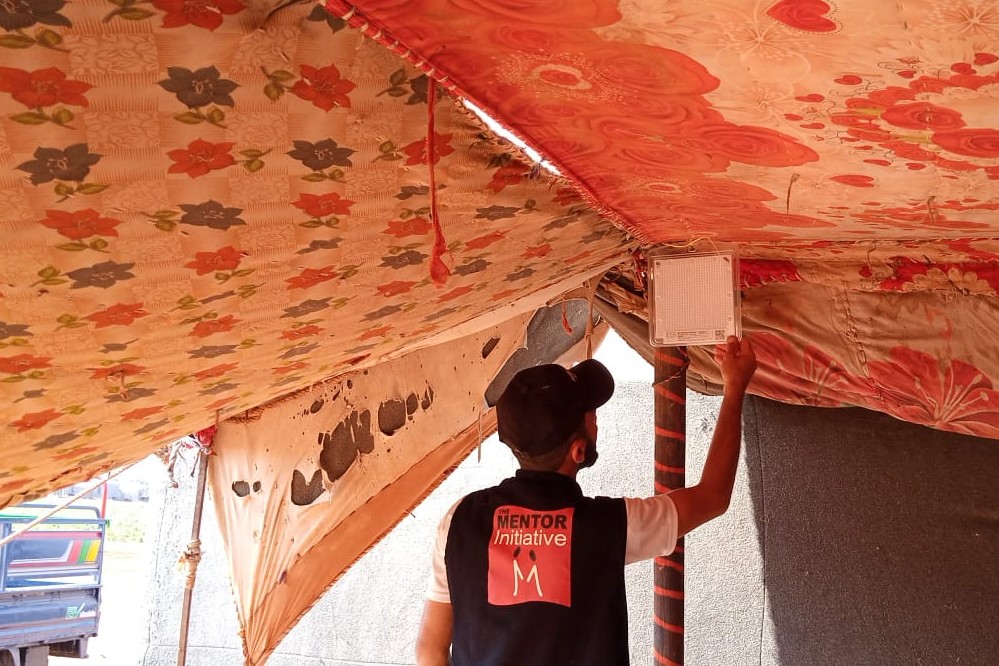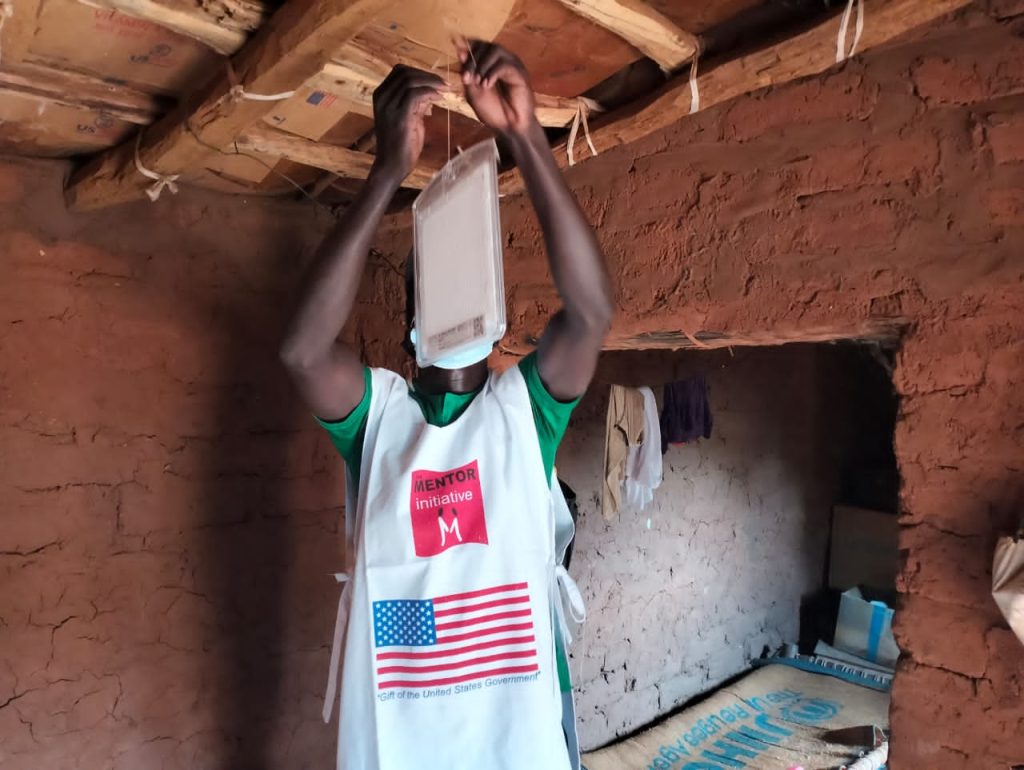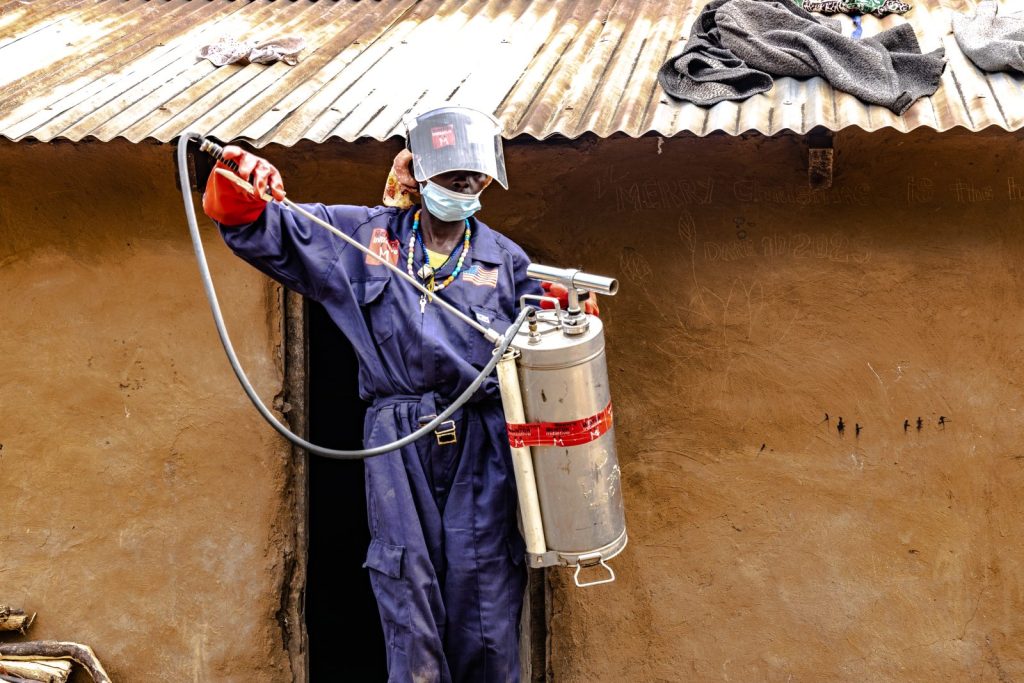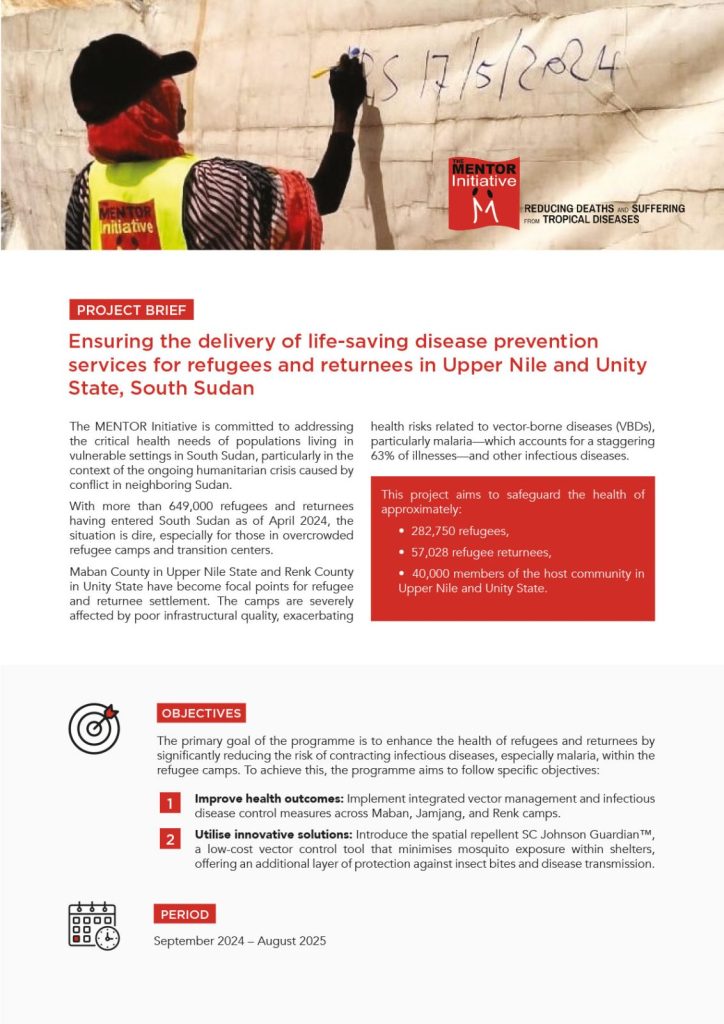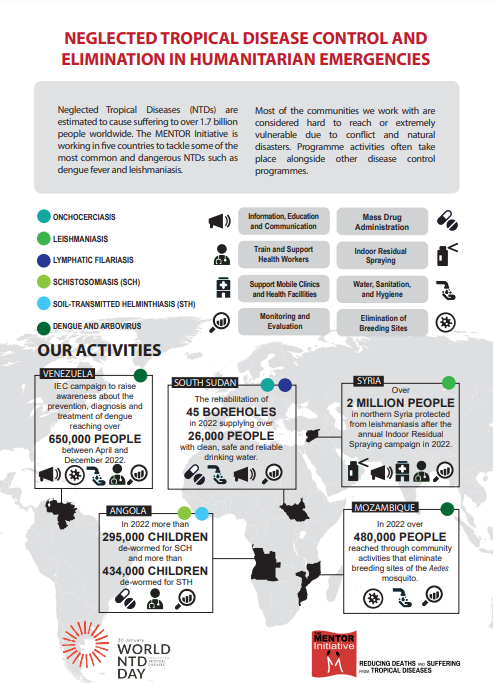South Sudan
South Sudan is the youngest country in the world, only gaining full independence in 2011. The subsequent civil war over power and resources destroyed most of the country’s infrastructure, healthcare system and the economy, which is still heavily reliant on oil.
A fragile peace has been reached and new elections are expected to take place in late 2024. The country’s population is still divided along tribal affiliation lines and tribal conflict affect tens of thousands each year, mainly through mass displacement. The country also shelters more than 300,000 refugees, mostly from Sudan, and is struggling to cope with the influx of South Sudanese returnees, who had previously fled the war to Sudan.
More than 7.5 million people in South Sudan are suffering from food insecurity and the number of malaria cases are among the highest on the African continent.
MENTOR began working in South Sudan in response to the high number of Sudanese refugees that fled the conflict in South Kordofan and Blue Nile, establishing a malaria control programme in Maban where many thousands of refugees had fled to and formed several camps.
The programme currently covers Upper Nile State (infectious disease control and neglected tropical diseases programme), Unity State (infectious disease control), Eastern Equatoria (water, sanitation and hygiene)), Jonglei State (neglected tropical diseases), Northern Bahr-el Ghazal (neglected tropical diseases) and Western Bahr-el Ghazal (neglected tropical diseases).
- Infectious disease control programmes, in particular targeting malaria, dengue and diarrhoeal diseases.
- Water, Sanitation and Hygiene: latrine and borehole rehabilitation, borehole solarisation, Community-Led Total Sanitation, school hygiene clubs, and hand pump mechanic associations.
- Neglected Tropical Disease programmes: mass drug administration campaigns addressing onchocerciasis and lymphatic filariasis.

- The spraying of 44,546 households protected around 280,000 people from infectious diseases.
- Larvicide source management at 92,206 breeding sites.
- Distribution of 26,453 long-lasting insecticide treated nets.
- Mass Drug Administration campaigns targeting onchocerciasis (638,428 treatments) and lymphatic filariasis (466,209 treatments).
- The rehabilitation of 10,306 latrines and showers.
- Community-led Total Sanitation activities in 94 villages, improving sanitation and reducing faecal-oral transmission of diseases for 77,738 people.

